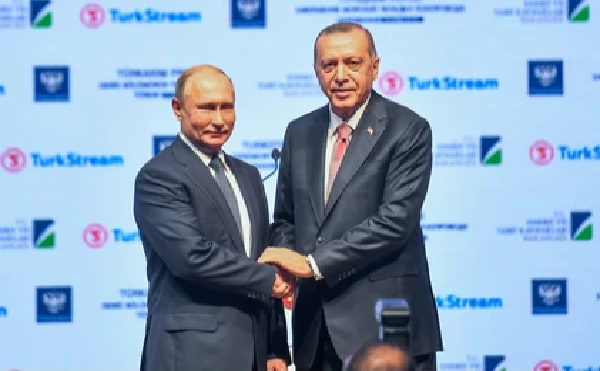Peace with Armenia Will Further Pan-Turkic Ambitions
By Barçın Yinanç
November 9, 2023
A peace settlement in the Caucasus provides a huge window of opportunity for the realization of the Middle Corridor. Turkey needs to strike the right balance in its relations with Armenia and Azerbaijan while neutralizing the disruptive influence of Iran and Russia. Turkey, whose military backing has been decisive in Azerbaijan’s victories in Nagorno-Karabakh, needs to convince its close ally that it’s in their common interest that Armenia is rewarded for its policies, and that inaction could prove costly for regional peace and pan-Turkic ambitions.
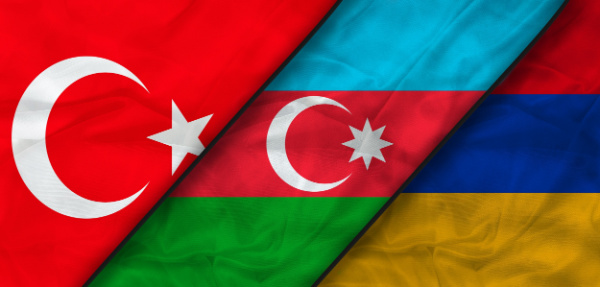
Turkey will not give up on its Lucrative Trade with Russia
By Natalia Konarzewska
June 26, 2023
Turkey supports Ukraine’s territorial integrity and has supplied Kyiv with large amounts of weapons, yet at the same time it does not want to sever ties with Russia. On the contrary, Turkey has significantly increased its trade exchange with Russia and faces Western accusations that its commercial ties help fuel the Russian war effort. However, trade cooperation with Russia remains crucial for Turkey and the country is unlikely to change course.
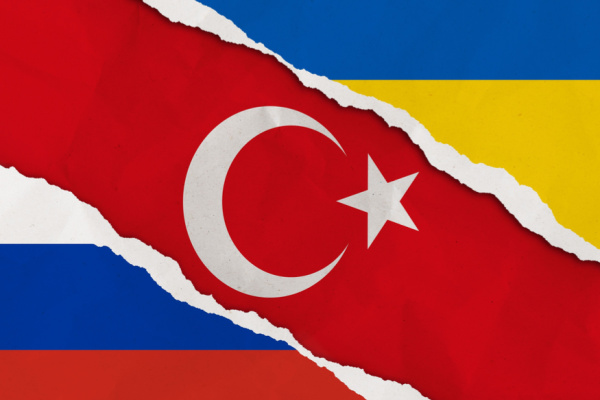
The Reset of the Nation Alliance: Returning Turkey to the West
By Barçın Yinanç
March 9, 2022
The Nation Alliance reasserts Turkey’s place in the West and as a Western democracy. In case of victory, the Turkish opposition alliance will orchestrate a careful distancing from Russia and reset Turkey’s relations with its Western allies. What the main Turkish opposition alliance holds forth is a return to the decades-long principles of the Turkish republic that will be marking its centenary this year. These include, notably, the principle of non-interference in internal affairs of other nations. The opposition pledges to “put an end to practices based on domestic political calculations and ideological approaches in foreign policy.”
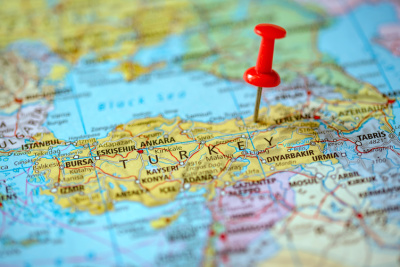
The Middle Corridor Calls for Turkish-European Cooperation
By Barçın Yinanç
January 17, 2022
While it was fear of Russia that prevented the Central Asian countries from showing an interest in the Middle Corridor, it is ironically the same Russian factor that has today led to the reinvigoration of this alternative to the Northern Corridor. However, crucially, the future of the Middle Corridor depends on European interest and particularly on the European Union revising its attitude toward Turkey that has been spearheading the project for more than a decade and that is indispensable to its realization. European decision makers must recognize that they need to join hands with Turkey to make the Middle Corridor come to fruition.
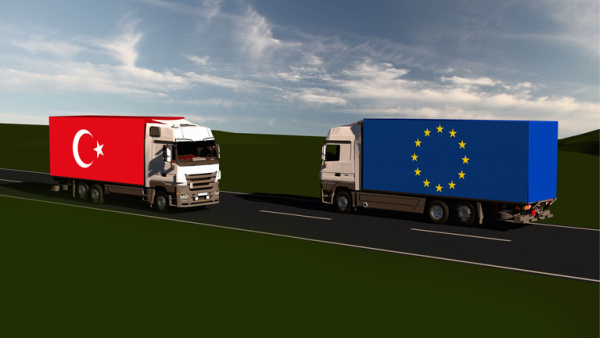
A “Pipe Dream?” The Prospects of Turkey as a Hub for Russian Natural Gas
By Natalia Konarzewska
December 13, 2022
Turkey has seized on the opportunity to bolster its standing as an “energy power,” but Russia’s offer to expand the existing Turk Stream pipeline and create a natural gas hub in Turkey seems to be a ‘’pipe dream’’ under current circumstances. The feasibility of the project is highly questionable. The Russian proposal may in fact not be seriously intended. Rather than a realistic goal, it appears mostly to be a window-dressing maneuver in order to put pressure on gas-deprived Europe. Yet even though there are several obstacles to its realization, and ultimately may not be feasible, the Russian proposition nonetheless offers Turkey a welcome opportunity to advance its long-standing goal to turn itself into an energy hub at the crossroads of Europe, Asia and the Middle East.
